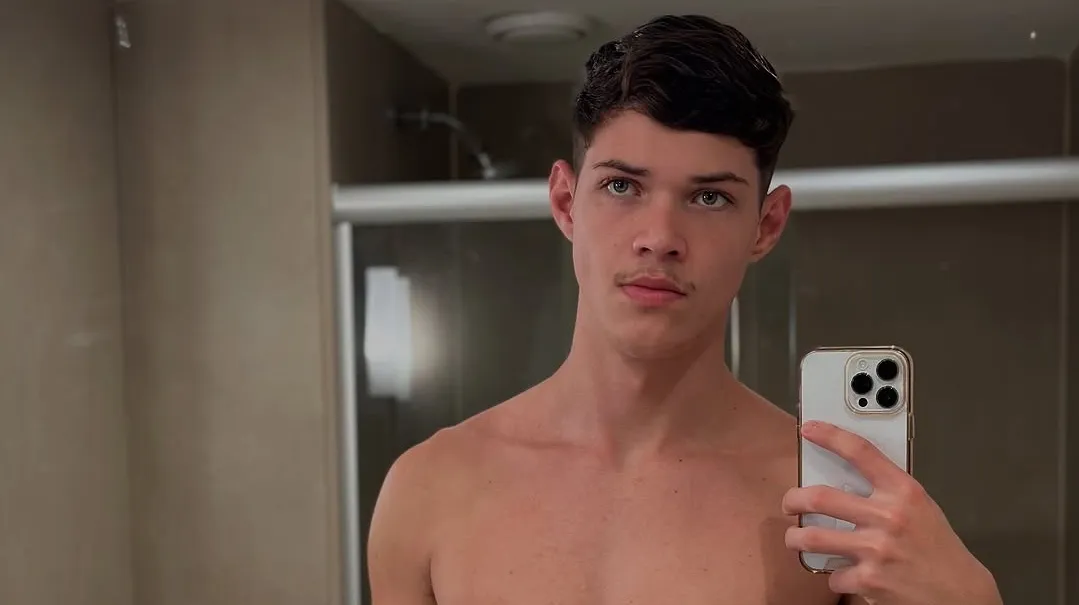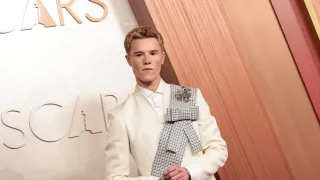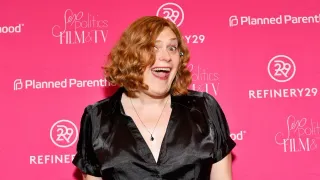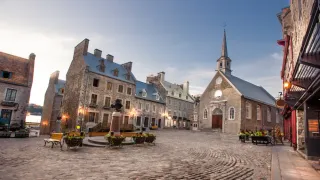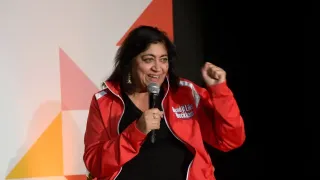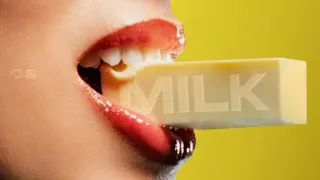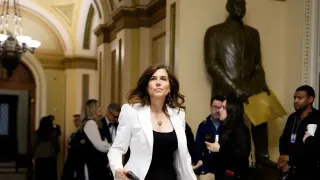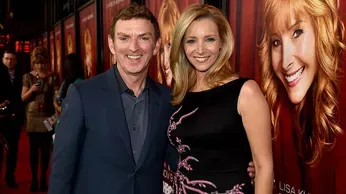
Jun 6
Could 'The Comeback' Come Back for Season 3?
Kilian Melloy READ TIME: 4 MIN.
Lisa Kudrow first played fame-hungry Valerie Cherish in 2005, then followed up almost a decade later when "The Comeback" returned for a long-delayed second season on HBO. The precedent for decade-long gaps between seasons having been established, could a Season 3 happen some day?
Kudrow and series creator Michael Patrick King discussed the possibility with Variety in a conversation marking the show's 20th anniversary. "We're always talking about it and looking for it," Kudrow admitted, while King said that, even now, Kudrow will "show up at one of those lunches, and I'm laughing as hard as I did 20 years ago. It's the same vibration."
King's much-lauded "Sex and the City" ended in 2004, having achieved cultural icon status after a six-season run on HBO; Kudrow played Phoebe on NBC's "Friends" for a decade, with that sitcom reaching similar heights of popularity before it, too, ended in 2004.
When King and Kudrow found each other and embarked on a new series for HBO, the cabler expected another smash success right away.
King and Kudrow had more realistic expectations, knowing that a massive hit can take time to gather momentum.
They told HBO, "We understand that 'The Sopranos' and the 'Sex and the City' finale had huge numbers," King recollected. "We understand that you're probably expecting us to have huge numbers." King said he encouraged the suits at the cabler to adjust their expectations.
But ratings weren't the only issue. The show's subject matter – an actress doing anything she can to make it big in Hollywood, and sacrificing herself along the way – was unfamiliar to the viewing public at the time.
"People had never seen a stripped, completely vulnerable performance like Lisa did," King explained. "It was a soul they saw, and it was upsetting to them – and we thought it was hilarious. We would die laughing at Val, and when it came out, people were like, 'This is too hard. I can't watch it.' We were like, 'What?'"
Part of the problem, King and Kudrow agreed, was that "The Comeback" was ahead of the curve. King noted that the show "preceded 'The Real Housewives' – no one had seen any Real Housewife sacrifice her dignity for branding. We thought it was hilarious. Other people were quite puzzled."
These days it's a different matter, of course. But even if audiences had caught on more readily, "The Comeback" had competition from more traditional, male-oriented shows about Hollywood striving.
"It was about 'Entourage' versus us, because their second season premiere and our first episode were the same night," King opined. "'It's more entertaining to watch four young men on the way up than a woman in a freefall on the way down.' That was what the critics said."
Even so, there was optimism at first for how "The Comeback" would fare. "We were thrilled with how it did," Kudrow recalled, "not just the first episode, but then the second episode and the third. It was at least the numbers that 'Entourage' got in its first season."
"The experience of HBO in 2004, 2005, was, 'You're going to see something that you've never seen before on HBO,'" Kudrow added. "They will leave it on, so that the audience will come to understand that this is a new language."
That changed, however, right around the time of "The Comeback."
"And then HBO stopped being HBO at that moment," Kudrow lamented, adding that the cabler's view had become "People have to get it immediately, and they have to love it immediately."
HBO's decision to pull the plug came after the show fell short at the Emmys. It was something of a shock, King recalled, since the assumption had been that the show would get a second season to allow it to grow into itself and find its audience.
"It was a surprise," King related, "especially since the big numbers were something that I had helped participate in, that we were one of the rarest of the rare things, a show on HBO that didn't get a second season, when you had 'Arliss' on for like nine seasons."
In fact, he revealed, a second season had already been charted out. When HBO eventually recognized that "The Comeback" had become a cult favorite and asked for a second season years later, television as an art form had moved on, as had King and Kudrow – and, the duo reckoned, the same would have to be true for Valerie Cherish, as well. Rather than leaving her suspended in time, they wrote a new season that acknowledged changes in the industry and shifted Valerie's place in the Hollywood ecosystem from reality television to, as Variety put it, "'difficult man'-centered prestige cable, a world in which she fits even less well than reality TV."
11 years after that second season finally dropped, TV – the business, as well as the art – has become even more like what "The Comeback" envisioned in the first place.
"We did a seminar at SXSW a couple of years ago, and everybody was walking around pushing their show so hard – there were free waters with people's shows' names on them," King related. "And I went, 'Oh my God – all of television is as desperate as Valerie was. Everybody has to fight so hard to get seen.'"
"Could it happen now?" King pondered at the idea that a show like "The Comeback" might get the green light in 2025. "It could barely happen then."
Kilian Melloy serves as EDGE Media Network's Associate Arts Editor and Staff Contributor. His professional memberships include the National Lesbian & Gay Journalists Association, the Boston Online Film Critics Association, The Gay and Lesbian Entertainment Critics Association, and the Boston Theater Critics Association's Elliot Norton Awards Committee.
